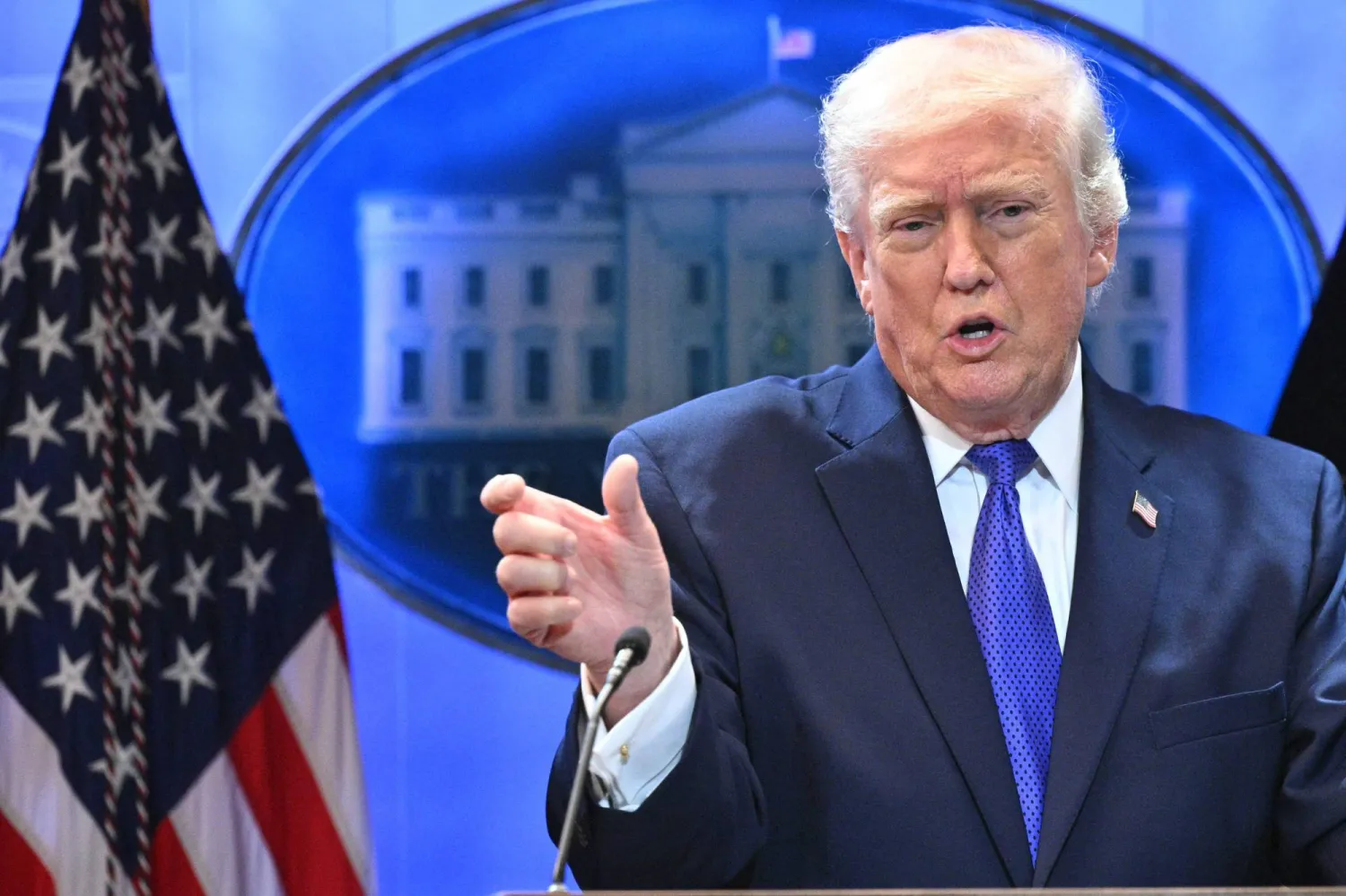Indonesia will formally join BRICS as a full member, Brazil's government said on Monday, further expanding the group of major emerging economies that also includes Russia, India, China and South Africa.
Indonesia's foreign ministry said in a statement on Tuesday that it welcomed the announcement and that "BRICS membership is a strategic way to increase collaboration and partnership with other developing nations."
Indonesia, the world's fourth most populous nation, had previously expressed its desire to join the group as a means of strengthening emerging countries and furthering the interests of the so-called Global South.
Brazil, which holds the bloc's presidency in 2025, said in a statement that member states approved Indonesia's entry by consensus as part of an expansion push initially endorsed at the 2023 BRICS summit in Johannesburg.
The South American nation noted that Jakarta's bid got the green light from the bloc in 2023 but the Southeast Asian country asked to join following the presidential election held last year. President Prabowo Subianto took office in October.
"Indonesia shares with the other members of the group support for the reform of global governance institutions, and contributes positively to the deepening of cooperation in the Global South," the Brazilian government said.
The BRICS group also includes Egypt, Ethiopia, Iran and the United Arab Emirates.
Brazil: Indonesia Joins BRICS Bloc as Full Member

FILE - Staff worker stands behinds national flags of Brazil, Russia, China, South Africa and India to tidy the flags ahead of a group photo during the BRICS Summit at the Xiamen International Conference and Exhibition Center in Xiamen, southeastern China's Fujian Province, Monday, Sept. 4, 2017. (Wu Hong/Pool Photo via AP, File)

Brazil: Indonesia Joins BRICS Bloc as Full Member

FILE - Staff worker stands behinds national flags of Brazil, Russia, China, South Africa and India to tidy the flags ahead of a group photo during the BRICS Summit at the Xiamen International Conference and Exhibition Center in Xiamen, southeastern China's Fujian Province, Monday, Sept. 4, 2017. (Wu Hong/Pool Photo via AP, File)
لم تشترك بعد
انشئ حساباً خاصاً بك لتحصل على أخبار مخصصة لك ولتتمتع بخاصية حفظ المقالات وتتلقى نشراتنا البريدية المتنوعة







